With Valentine’s Day right around the corner, this is a great time for a refresher on oral hygiene, as many of us will be indulging in some sugary sweets. Whether at the office, home, store, or virtually anywhere- candy and chocolates will inevitably find their way in front of you this time of year. With the influx of sugary foods, people often warn that “too much candy will rot your teeth,” but what do those Valentine’s sweets, or sugary snacks in general, really do to your teeth?
Candies and chocolates are generally safe for teeth but are not without drawbacks. An obvious effect of chocolates, especially dark chocolate, is darkening or staining of teeth. Deep stains are often difficult to get rid of without the help of a cosmetic dentist. Besides staining, bacterial growth is of concern. While the cocoa in chocolate can help prevent bacterial buildup on teeth by creating a protective layer over the enamel, the high amount of sugar in chocolate has the opposite effect by promoting bacterial growth.
Candies can cause similar issues as chocolate. Candies can also contain chelators, such as citrate and EDTA, which can bind metal ions to the calcium in teeth, causing damage. Overall, chocolates and candies are only somewhat harmful to teeth and in moderation with daily brushing and regularly scheduled dental visits should not be cause for concern.
Sodas, on the other hand, are much more problematic.
Soda decays teeth, not because of the sugar content but because of its pH level, or acidity. The acidic components of soda interact with the protective enamel on teeth and erode it over time.While sugar-free drinks are becoming increasingly popular, they are just as harmful as sugar-containing sodas because the sugar-free drinks are still very acidic. Studies show many common sports drinks, wines, and fruit juices all have a similar effect, as well.
Dr. Mark mentions soda in an older blog post - he stated that if you’re having soda it is better to finish it sooner rather than sipping it throughout the day, as the continued exposure to the teeth can be very harmful.
After finishing an acidic drink, it is advised to drink water to help wash away remaining liquid on the teeth; tap water is recommended over bottled water because of the higher fluoride content that can help strengthen enamel. If your first instinct after finishing a can of soda is to brush your teeth then think again. It is actually advised to wait an hour after finishing soda to brush your teeth because brushing immediately afterward can rub the acidic liquid into the teeth and rub away some of the enamel.
Please share with your friends and remember to KEEP SMILING!
By providing links to other sites, Harbor Breeze Dental Care does not guarantee, approve, or endorse the information or products available on these sites. All pictures are from Pixabay. This blog has been endorsed and approved by Dr. Mark Kubiliun, Cosmetic Dentist in Jupiter, Florida.




